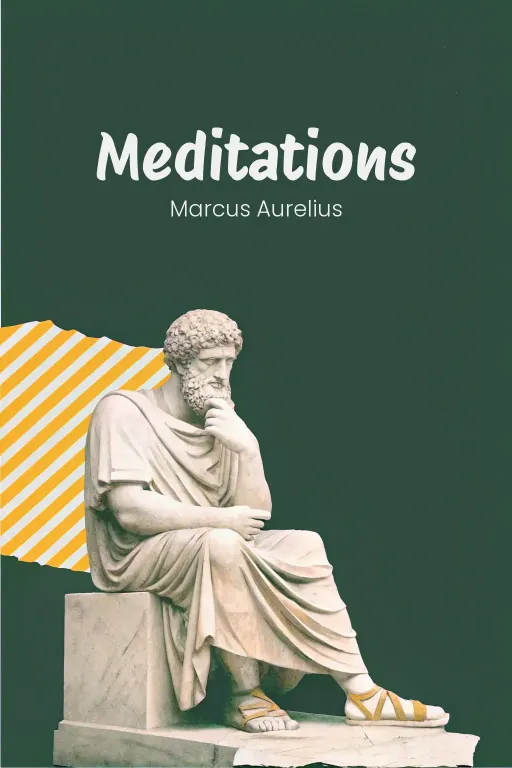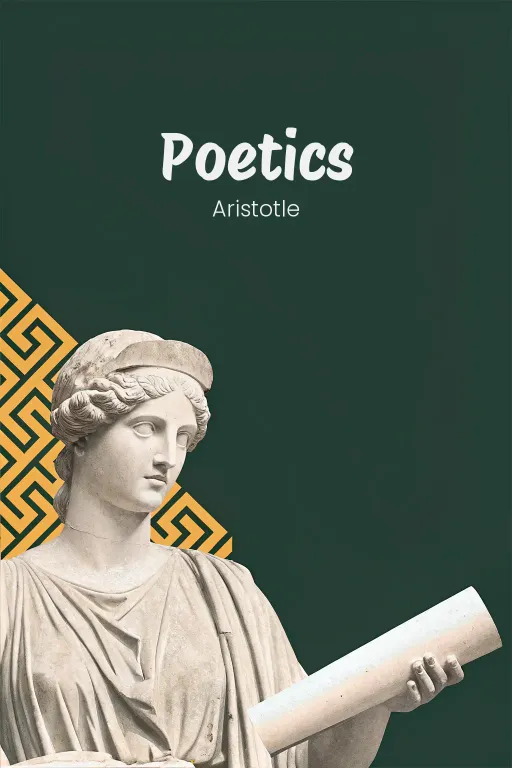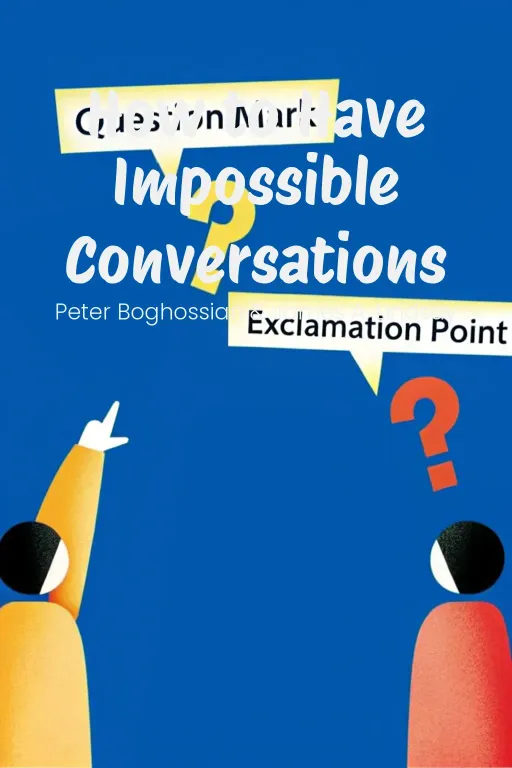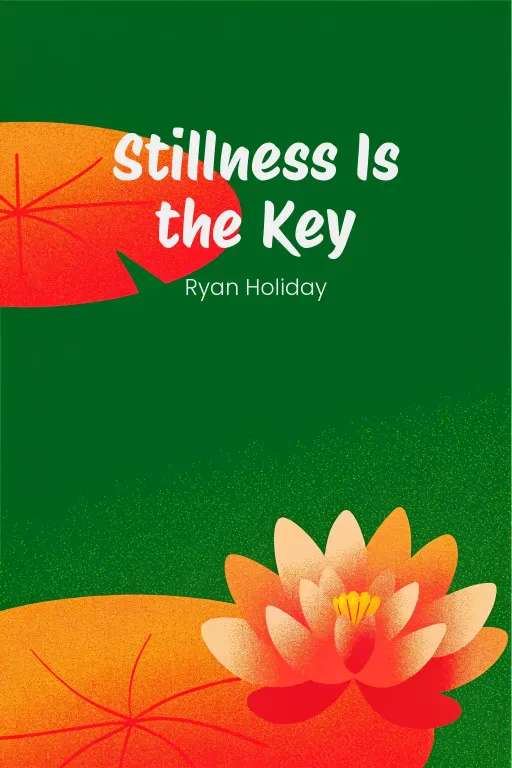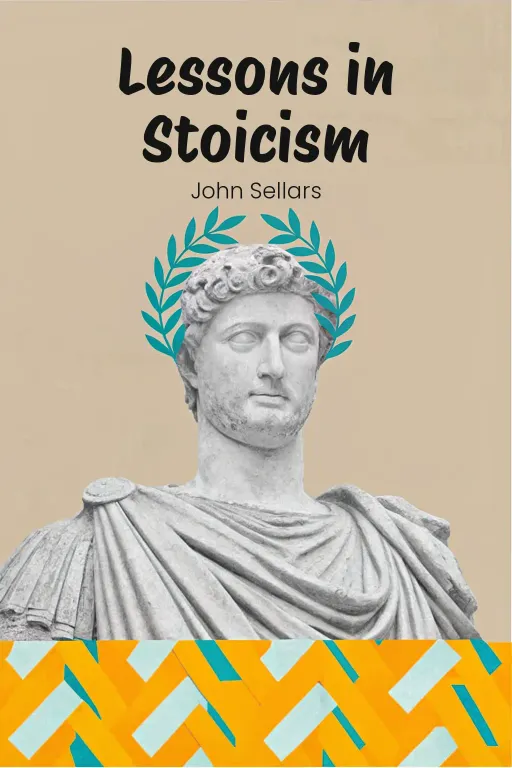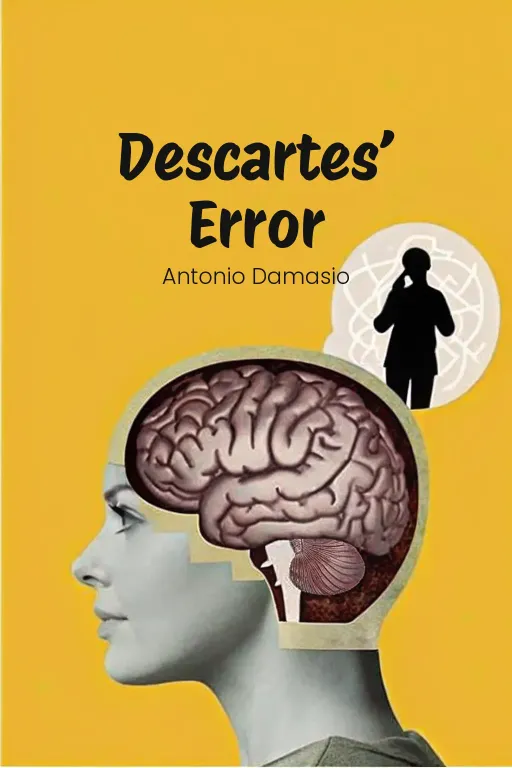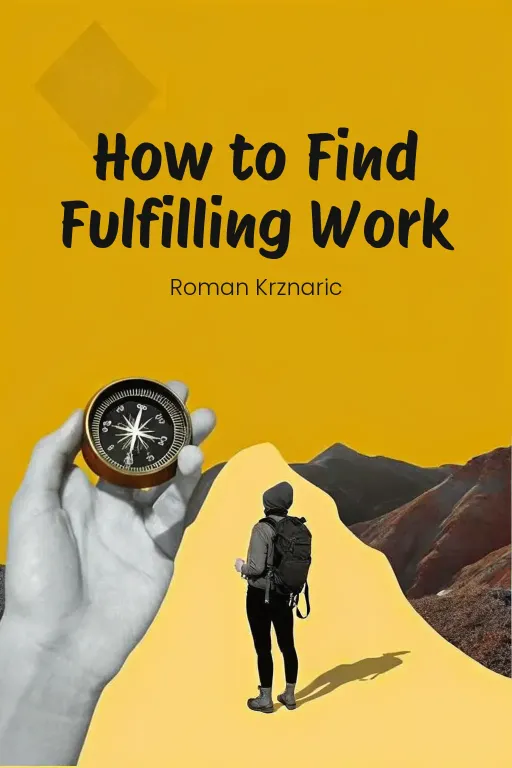
Emotions by Design: Aristotle's Guide
Podcast by Timeless Pages with Shakespeare and Austen
Emotions by Design: Aristotle's Guide
Shakespeare: "Tragedy, then, is an imitation of an action that is serious, complete, and of a certain magnitude..." Hark, listeners, and welcome to Timeless Pages! I am your host for today, William Shakespeare, ready to explore a text that shaped my very craft. Shakespeare: In essence, Aristotle's Poetics from ancient Greece dissects the art of storytelling. He focuses keenly on Tragedy, arguing it imitates serious human actions to stir powerful emotions within us. Aristotle breaks down its vital parts – like plot, character, and theme – explaining how poets craft tales designed to evoke pity and fear in the audience. He even compares Tragedy's focused power to the broader scope of Epic poetry, finding Tragedy superior in its impact. Shakespeare: Methinks the core of Poetics lies in mimesis – imitation – and its power to achieve catharsis. Aristotle defended our craft against his teacher Plato, who feared poetry's emotional sway. But Aristotle saw imitation as natural, how we learn and find delight. In ancient Greece, Tragedy wasn't mere entertainment; it was a civic ritual. By watching noble figures face fate, often due to a flaw, their hamartia, audiences experienced pity and fear safely, achieving a shared emotional cleansing, a catharsis vital to public life. And today? Do not our films and dramas imitate life's struggles, drawing out our own fears and sorrows, offering a similar, if private, release? The forms evolve, the cathartic purpose remains. Shakespeare: Why does this ancient guide endure? Forsooth, its wisdom echoes in countless works, mine own included! Aristotle declared plot the very soul of Tragedy. Think on my Hamlet, or poor Othello. See how the plot, the chain of actions driven by character and flaw, builds tension, evoking that pity and fear Aristotle described, leading to a shattering yet cleansing catharsis. His framework reveals why such tales grip us. And consider this: today, even the structure of a viral social media story often follows his rules – a setup, rising action revealing a flaw or mistake, a climax, and a fallout aiming for public judgment or empathy, a modern, digital catharsis. Aristotle's mechanics are timeless. Shakespeare: So, Aristotle gifts us a lens to see the craft behind the tears and gasps. Until our next meeting on Timeless Pages, may you find meaning in the grand imitation of life itself.
